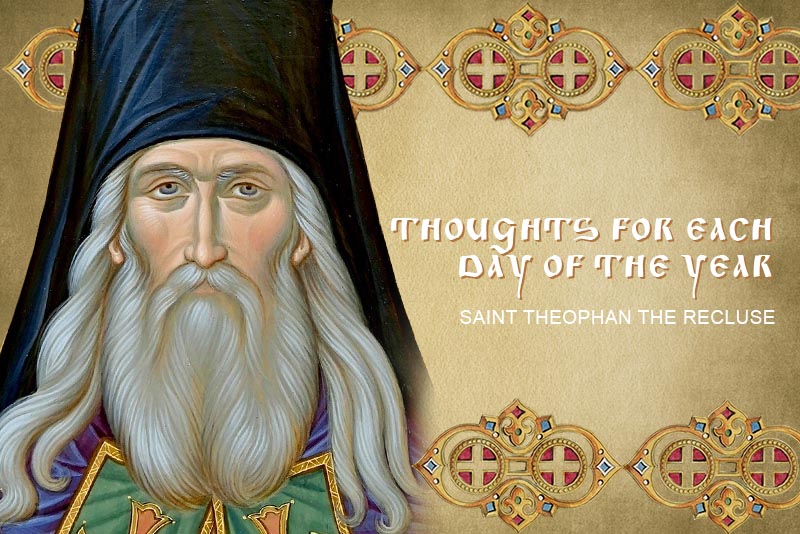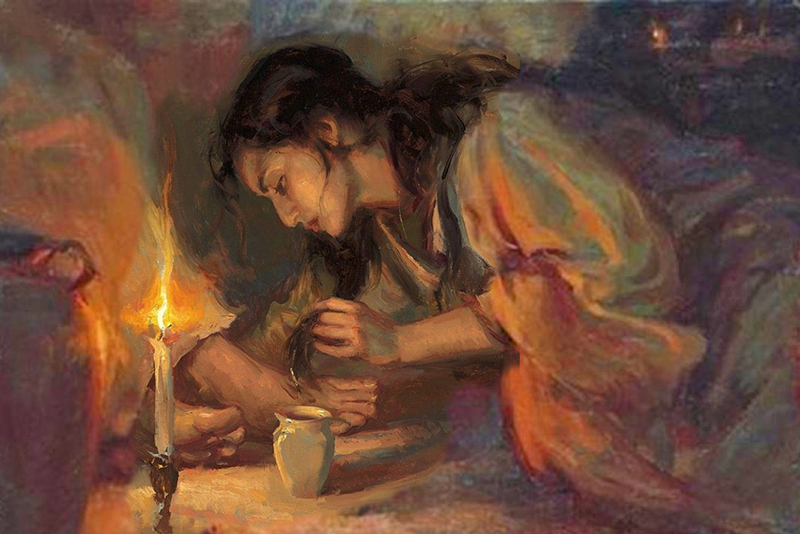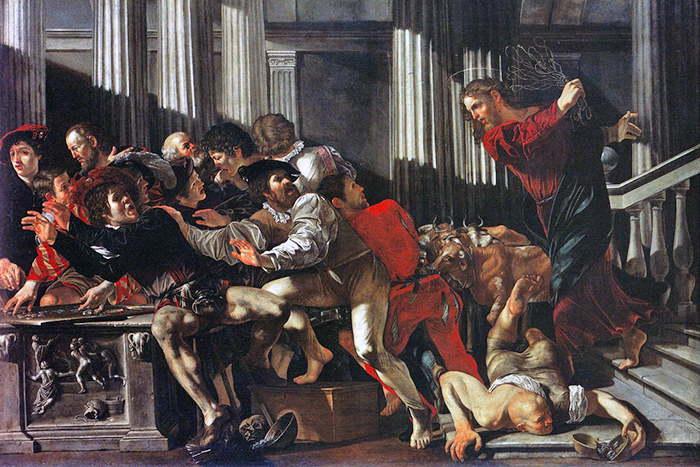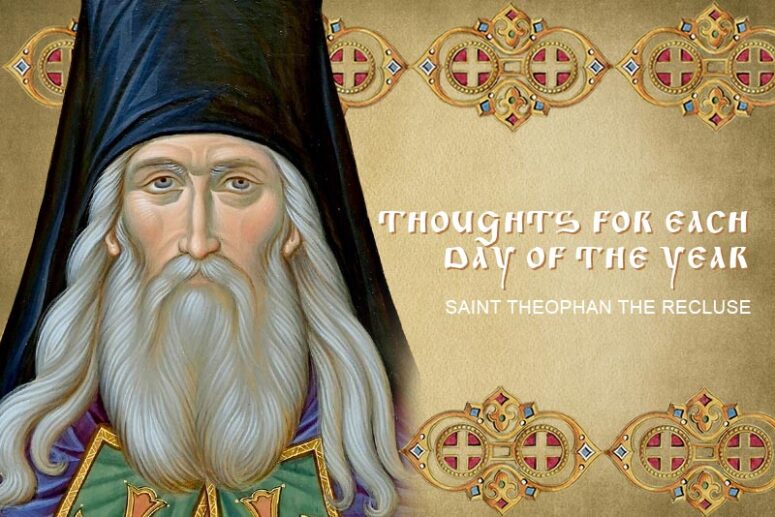
15th Week after Pentecost. Church New Year
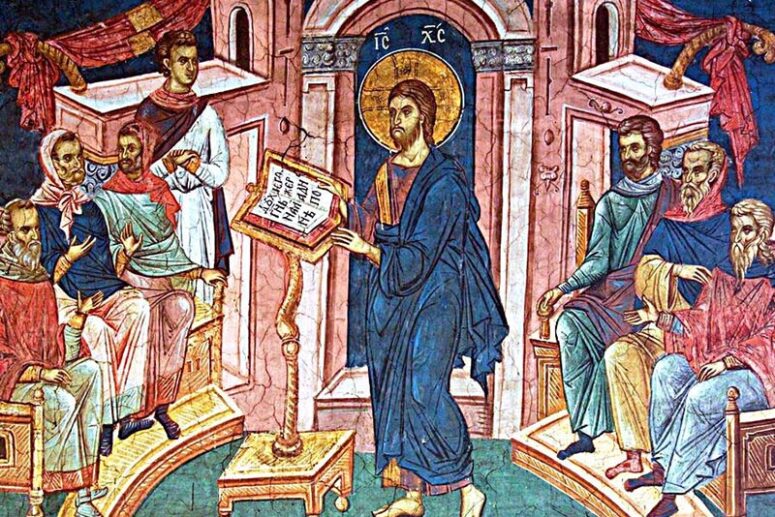
(Luke 4:16-22) The Lord did not merely proclaim the acceptable year; He also ushered it in. Where is this year? It resides within the souls of the faithful. The Earth may never transform into paradise in its current state, but it remains a training ground for heavenly life. The seeds of heavenly life are sown in the soul, made possible by God’s grace. Our Lord Jesus Christ brought this grace, thereby inaugurating the acceptable year for our souls. Those who heed the Lord’s teachings and follow His commands receive this grace and experience the acceptable year within themselves. This happens to all who truly believe and act in accordance with their faith. You cannot attain this acceptability through thought alone; you must act, and it will naturally take root. Outer peace may elude you, but inner peace, inseparable from Christ, will always prevail. Remarkably, when inner peace is established, external disturbances lose their bitterness and weight. Thus, even these external trials become acceptable, resembling a mild winter on the surface.
15th Week after Pentecost. Friday
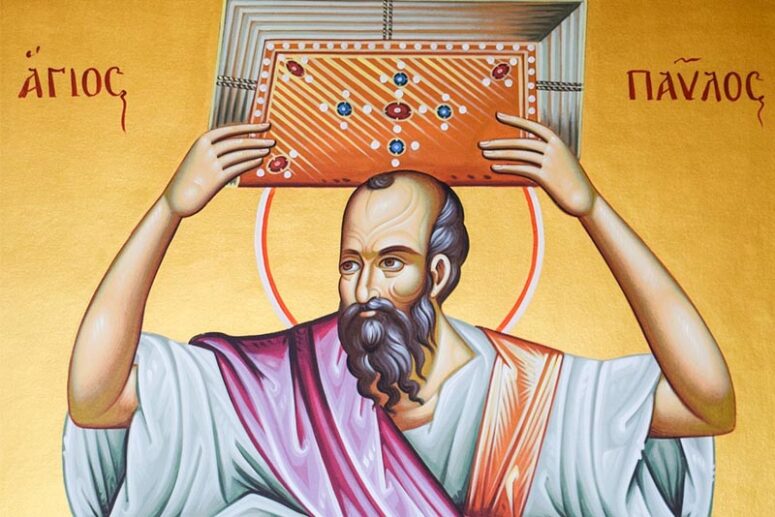
(Gal. 4:8-21; Mark 6:45-53) Be of good cheer: it is I; be not afraid. Here is the pillar of our hope! Whatever misfortune or sorrow might there be, remember that the Lord is near, and be inspired through courageous patience. As at that time He suddenly appeared before the apostles who were in calamity on the sea, so will He show His help and intercession suddenly to you when you are in calamity. He is everywhere and is always ready with His protection. Stand only with Him or before Him in faith, prayer, hope, and devotion to His holy will. There will occur a union of the spirit with the Lord, and from this comes every good thing. However, this does not mean that there immediately will be dignity, and glory and honor, and other such things. The external things might remain as they are, but there will arise a courageous and good-humoured abiding in the order of events which it pleases the Lord to arrange for a person. And this is the main thing that everyone in calamity should seek—happiness on the inside, and not on the outside. Inner blessedness always exists among those who are in living union with the Lord.
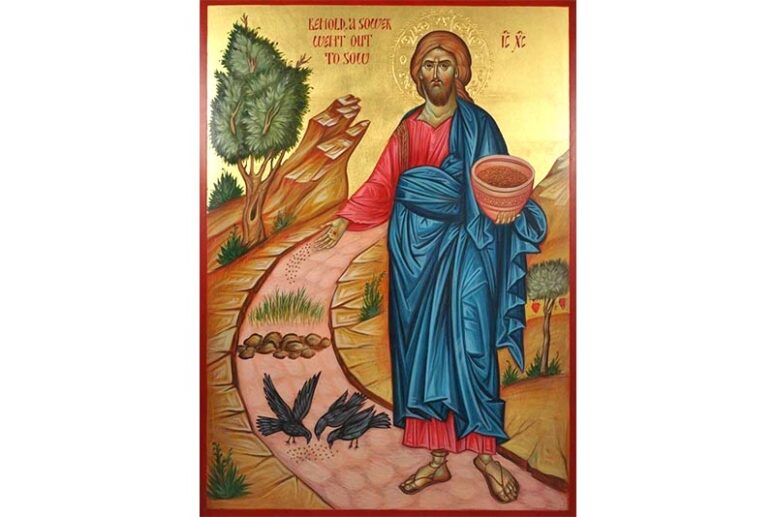
“Behold, there went out a sower to sow” (Mk. 4:3). Since the time that this sower went out to sow, he has not ceased to sow. In the beginning he personally sowed, then through the apostles and at last through Divine Scripture and divinely-wise teachers. To this day the word of God’s truth is being sown everywhere. Just be prepared to show yourself as good ground and without fail you will be sown. God will raise up what has been sown. How do you make yourself into good ground? With attention and study of the word of God, sympathy and love toward it, and readiness to immediately carry out what you learn. With such a mindset, not a single word will lie on the surface of your soul, but all will pass within. Uniting there with the elements of the spirit which are native to it, it will take root and sprout. Being nourished then—from above through spiritual inspirations, and from below through good desires and labours—it will grow into a tree, give flower and fruit. God Himself arranged everything around us this way, and this is why we cannot but be amazed at our fruitlessness. But all of this is due to our inattentiveness and carelessness.
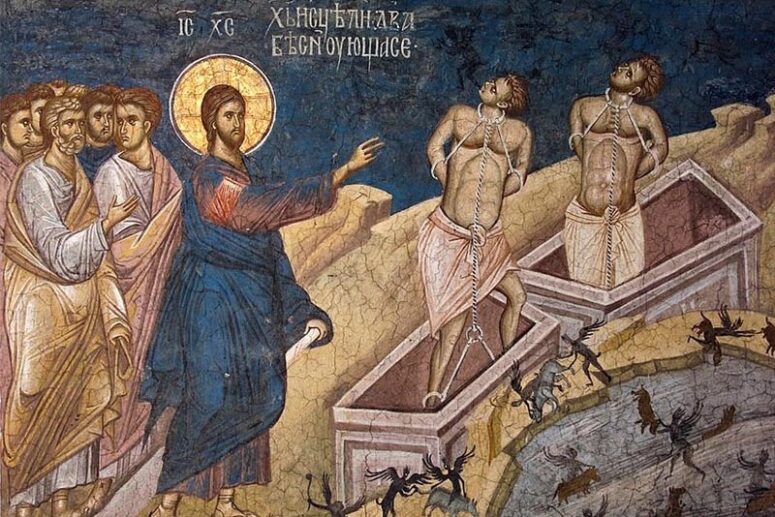
“My name is Legion, because we are many” (Mark 5:9). Spirits are not corporeal, so they do not fill or occupy places like bodies. This explains the physical possibility of many spirits staying in one person. The possibility of morality on the part of spirits is clear from their immorality or the absence of any moral principles, and from the human side – from the multilateral contact of his spiritual structure to the gloomy realm of impure forces.
But this only explains the possibility; the reality of the possession of demons is subject to conditions that we cannot determine. We can only say that the infestation of spirits is not always visible, it is not always revealed by the known actions of the possessed. There is an infiltration of spirits that is undetectable, hidden; there is also the power of the spirits over the minds, besides the body, when they lead them as they please, through the passions at work in them; people think that they are all acting on their own, being a laughing stock of evil forces. What to do? Be a true Christian, and no enemy force will defeat you.

(Matthew 14:1-13, Mark 6:14-30) A rumor about the works of the Lord reached Herod; he immediately concluded: it was John who had risen. You never know what you could think of! And yet he thought of no one but John. Who gave this direction to his thoughts? Conscience. You cannot hide unscrupulous deeds from her, nothing can correct her judgment. By beheading John, Herod arrogated to himself the right to do so, and others did not deny such a right, but conscience spoke its own, and he could not drown out its speeches with anything. So he sees John.
How many such tales do we know that the conscience pursues the sinner and depicts to him the object and deed of sin in such a way that he sees them even on the outside! Therefore, there is a voice in us that we must recognize as not our voice. Whose? God’s. From Whom our nature is, from that is the voice. If it is God’s, then we must listen, for the creature does not dare contradict the Creator. This voice says that there is a God, that we are completely dependent on Him, and therefore we cannot but nurture in ourselves the reverent fear of God; having it, we must fulfill the will of God, which conscience indicates. All this constitutes the word of God, written in our nature, and offered to us, and we see that people of all times and all countries hear this word and heed it.
Everywhere they believe in God, everywhere they listen to conscience and look forward to a future life. It is only now that it has somehow become fashionable not to recognize these truths. This is what naturalists do, in Russian – natural scientists. This means that natural scientists preach an unnatural doctrine.
Translated by The Catague of Good Deeds

